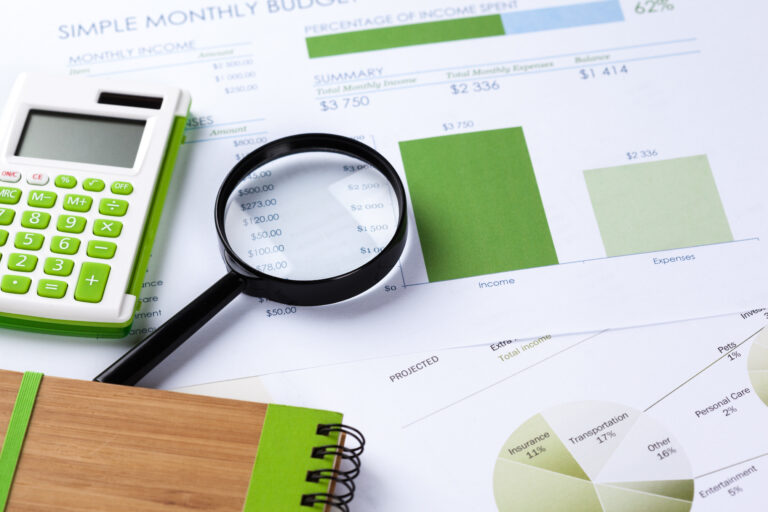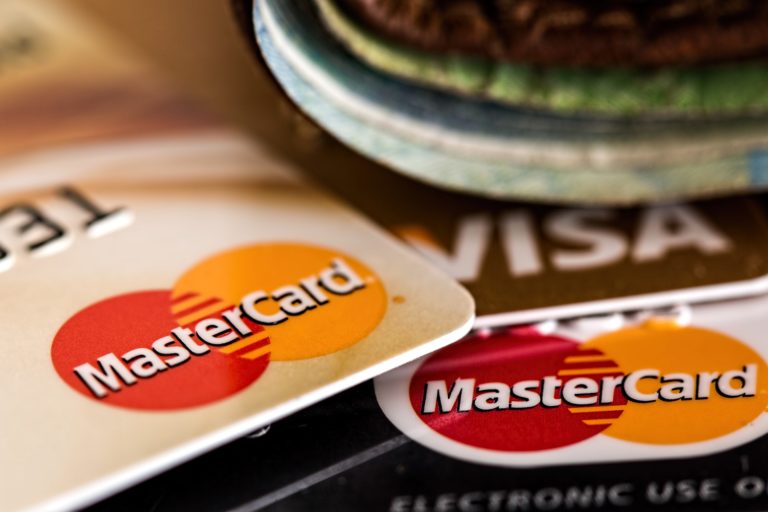So, I’ve Got My Own Business… Now for the Company Car
There is a general perception out there that if you have your own business, you need to get a company car. Well, before you turn up at the local dealership, this article will help clarify some very important points and put you in a better position to confidently proceed with the right information. Find out when and if a company car will benefit your business and how the accounting works in claiming a business deduction.
There are some points to consider before you purchase a company car. Number one:
1. Can My Business Afford a Company Car?
We’re going to assume for the moment you wish to purchase a car for the business (new or used). Two very important questions to start with are: ‘Does my business make a profit?’ and ‘Do I have the cashflow to purchase this vehicle?’
I once had a client that had been in business a short time. He thought having his own business meant he could and should buy an expensive luxury car. A friend confirmed this. So he bought a luxury car. When I looked at his reports, and discovered he wasn’t yet making a profit, I was shocked at the advice he was given. This business owner had embarked on a risky investment without having the financial backing. Two years later, the car was to be sold at a fraction of its purchase price and the business owner was forced to rein in his spending or lose his business. I’d like to tell you this was an isolated incident, but unfortunately, one I’ve seen often.
A basic business rule of thumb is that a deduction is only valuable if it can offset profit. A company car is a great business deduction (and we all want to pay less tax), but if there is no profit to offset, the deduction is not worth it. Similarly, ask yourself, ‘Do I want to reduce the profit on my business?’ It might seem like a silly question, but in some cases, profit reduction is not a desired outcome. Does it agree with your exit strategy?
It is very important to ensure you have the cashflow to manage the repayments. Like any other debt, a company car that has been purchased on credit will require monthly repayments. Do a 12 month cashflow projection to ensure you can handle the repayments before taking on the debt.
If you intend to purchase the car outright, will the investment damage the business’ cashflow position at this point?
If you have assessed the business can afford a company car, read on. If, at this point, you think the business cannot it, be patient. If your business grows and you manage that growth well, you’ll get there.
2. How Much Can I Spend?
There is a lot of legislation around the claiming of a company car. There are different amounts to be claimed depending on the use of the vehicle. If we simply look at the purchase of a company car to be used by the owner/director of the business, solely or partly for business:
There is a limit to how much GST you can claim of a company car. If you purchase a luxury car that costs more than $61,884 (different amount for a fuel efficient luxury car), you will be liable to pay a luxury car tax on the excess amount. You can only claim a GST credit for the luxury car limit inclusive of GST. For example, if you purchase a car for $80,000 in the 2014/2015 financial year, you can claim 1/11th of $61,884 in your BAS lodgement.
3. How do I Claim a Deduction for a Company Car?
The component of a company car that can be claimed (including the GST component) is only the amount that the car will be used for business use. You will need to determine the percentage of business use (this can be obtained by keeping a log book for 12 weeks). This percentage is then to be applied to the cost of the car and that amount is then used to calculate depreciation.
If your business is a small business with an aggregated turnover of less than $2M, providing budget announced legislative changes pass into law, If you have purchased a company car and it is ready for use on or after 12th May 2015, you can claim an instant tax deduction of up to $20,000 in your 2014/2015 tax return. That is the business component of your company car. The rest of the amount can be depreciated in the small business pool over time.
If you have leased the vehicle, the lease repayments (including interest) for the year can be fully claimed to the percentage of business use of the car. For example, you may use the company car 60% for business and 40% personal. If the repayments come out of the business account, only 60% of those repayments will be a business deduction. The additional 40% will be considered director/owner drawings.
Remember, you must keep adequate financial records.
4. Should I Buy Outright or Lease?
To make this decision, you need to understand the implications of both. If you buy a company car outright or on lease, you can claim the business proportion as in 3. above. You can also claim the business portion of the GST. The asset will be depreciated in the same way under both payment arrangements.
If you pay for a motor vehicle using a finance company, the overall cost will be higher as interest is added on. The business component of the interest is also fully deductible. Finance will help spread out the cashflow burden on your business. But be aware, there will be residual payment due at the end of the term. You can pay this or refinance.
The decision to buy outright or finance is one that would suit your business best. Consider the option that works best for you. If you need more specific advice, talk to your accountant.
The information presented here is of a general nature only and readily available from the ATO website. It is recommended you consult your accountant prior to purchasing business assets to determine the effect they will have on your business.






